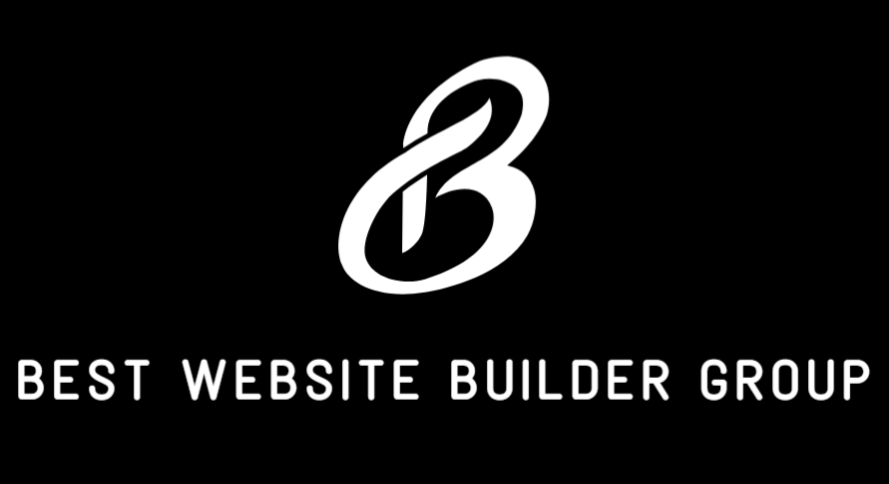For anyone building an online presence, the question often arises: what are SEO tools? These are specialized platforms and applications that help analyze, optimize, and track websites to improve search visibility. In a competitive digital landscape where Google processes billions of searches every day, understanding and using the right tools can make the difference between standing out and being invisible. SEO tools support every stage of optimization, from keyword research to technical audits and analytics. By exploring their functions and limitations, businesses can learn how to use them effectively while also understanding why professional guidance still matters.
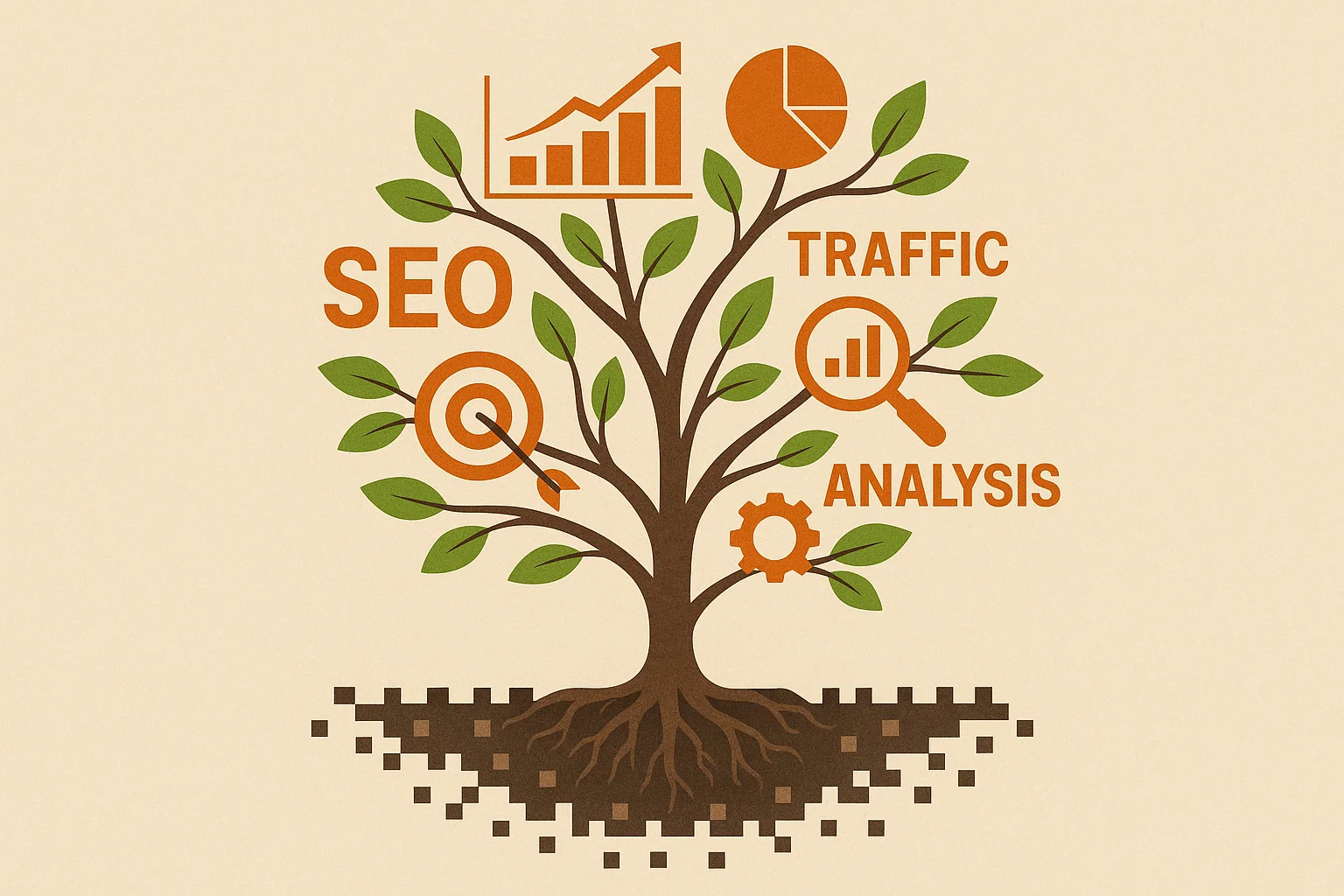
Understanding What SEO Tools Do
At their core, SEO tools serve as digital assistants for search optimization. They gather data, highlight opportunities, and measure performance across multiple areas of a website. For instance, a keyword research platform can reveal what people are searching for, while a site audit tool might identify slow-loading pages or broken links. These insights allow businesses to focus efforts where improvements will have the biggest impact. Without tools for SEO, companies would rely only on guesswork in a fast-changing environment where precision is key.
Types of SEO Tools and Their Purposes
There are many categories of SEO platforms, each designed to handle a specific part of optimization. Using them together provides a comprehensive picture of how a website performs and where it can grow.
Keyword Research Tools
Keyword research is the foundation of SEO. Several tools identify search volumes, keyword difficulty, and related queries. By understanding how potential customers search, businesses can create content that matches intent and stands a better chance of ranking. Long-tail keywords often have less competition but higher conversion rates, making them particularly valuable for small and medium-sized businesses.
On-Page Optimization Tools
On-page SEO platforms evaluate individual web pages. They check title tags, meta descriptions, headings, and keyword placement. Many also offer suggestions for improving readability, internal linking, and content length. These tools ensure that each page sends the right signals to search engines while providing a better experience for users. They bridge the gap between technical requirements and human-friendly writing.
Technical SEO Tools
Technical SEO ensures that websites run smoothly and remain accessible to search engines. Tools in this category examine site speed, mobile responsiveness, crawl errors, and structured data. Since technical performance directly influences rankings, these resources are essential. Professional Technical SEO services often combine automated audits with expert analysis to ensure that websites not only meet but exceed search engine standards.
Analytics and Reporting Tools
Tracking performance is crucial for ongoing success. Google Analytics provides insights into user behavior, while Google Search Console reveals how pages perform in search results. These analytics tools show traffic sources, conversion rates, and keyword rankings, giving businesses a clear picture of return on investment. Without measurement, it is impossible to know whether strategies are working or need adjustments.
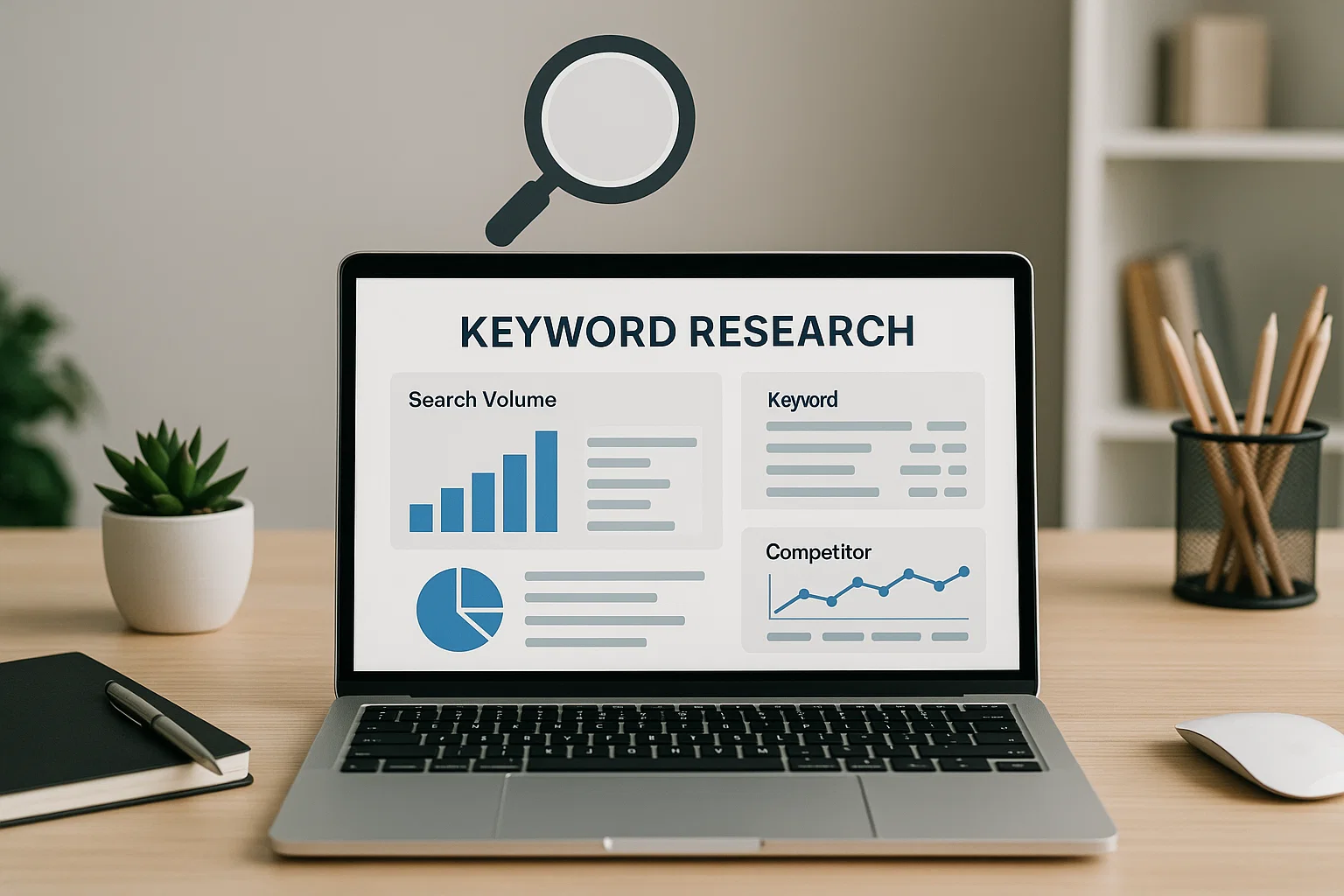
Why SEO Tools Are Important for Businesses
Asking what are SEO tools naturally leads to why they matter. They save time by automating audits, keyword checks, and performance tracking. They increase accuracy by analyzing data that manual methods cannot handle at scale. Most importantly, they turn raw numbers into actionable strategies. By showing both strengths and weaknesses, these optimization platforms help businesses prioritize improvements that yield the greatest returns. In today’s digital-first market, this clarity can be a decisive competitive advantage.
Free vs Paid SEO Tools: Which to Choose?
Many businesses wonder whether free options are enough. Tools like Google Search Console and Google Analytics provide valuable insights at no cost, making them excellent starting points. However, paid platforms deliver advanced features like backlink analysis, competitor research, and detailed reporting. For growing companies, a combination of free and paid tools often provides the best balance between cost and depth of insight.
Commonly Used SEO Tools in the Industry
Several tools have become industry staples because of their reliability and scope. Google Search Console offers direct data from Google about indexing and search visibility, while Google Analytics tracks visitor behavior and conversions. Together, these platforms cover most of what businesses need to manage SEO effectively.
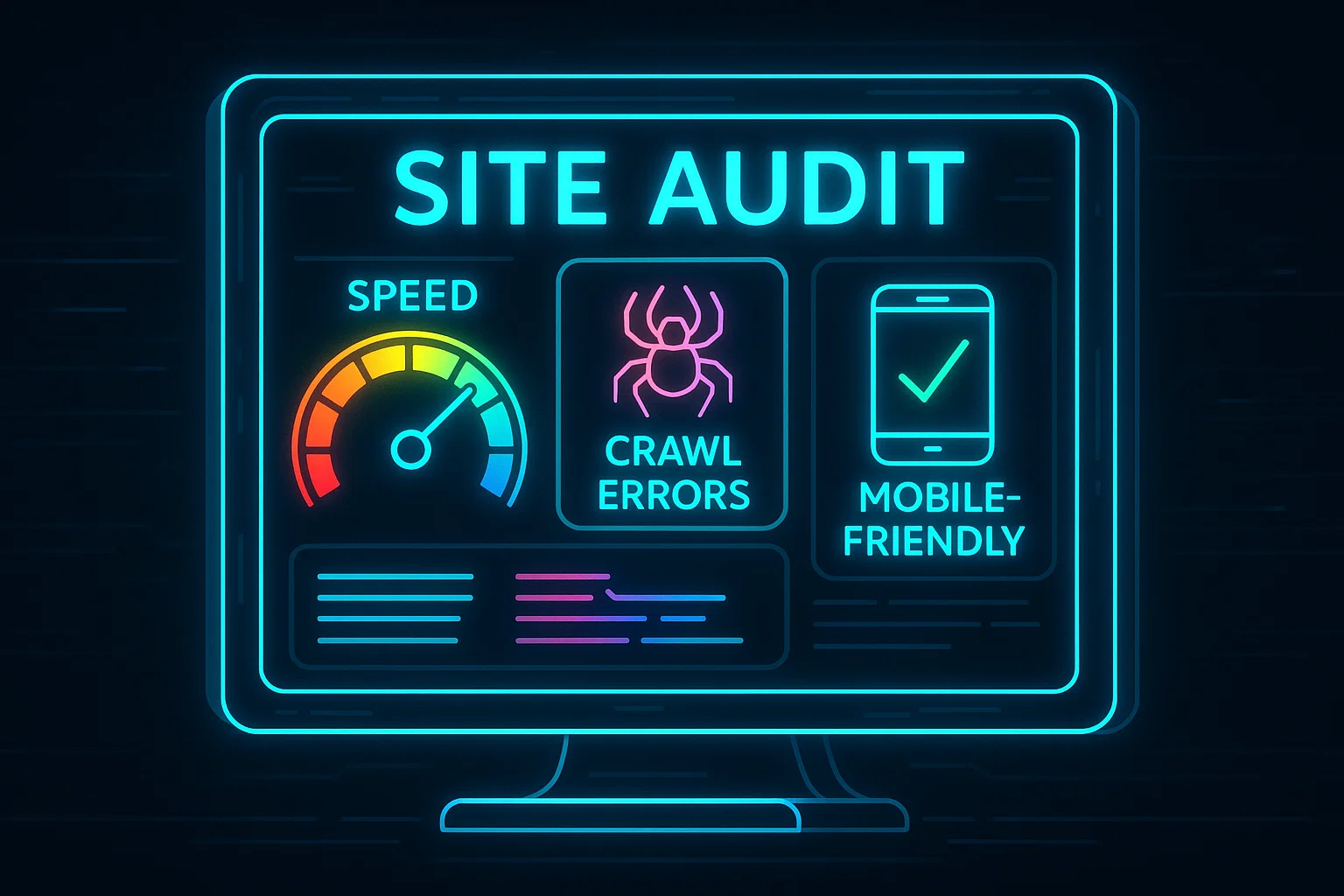
The Limitations of Relying Only on Tools
While SEO software is powerful, it has limitations. Tools provide information, but human expertise interprets and applies it. A program may highlight that a site loads slowly, but only a professional can decide the best way to fix it. Tools cannot anticipate Google’s algorithm changes or shifts in consumer behavior. Relying only on software risks misinterpreting results or applying ineffective tactics. Partnering with experienced professionals ensures that tools are used correctly and strategies stay aligned with business goals. Agencies offering SEO services add this crucial layer of expertise.
Emerging Trends in SEO Tools
The landscape of optimization platforms continues to evolve. Artificial intelligence now powers many SEO applications, providing predictive insights and automated content recommendations. Voice search optimization has also become a focus, with tools tracking how spoken queries differ from typed ones. Rank tracking platforms now account for mobile-first indexing, showing how results vary across devices. These innovations reflect the growing complexity of search and the need for tools that keep pace with user behavior and technology.

Manual SEO vs Using Tools
Some businesses attempt to manage optimization manually without relying on platforms. While it is possible to track basic performance by hand, the process is slow and often inaccurate. Manual methods cannot scale effectively for large websites or competitive industries. Tools automate the repetitive work, leaving professionals free to focus on strategy. The combination of human expertise and reliable software creates the most effective balance. Attempting to manage SEO without tools often leads to missed opportunities and slower growth.
How SEO Tools Support Long-Term Strategies
SEO is not a one-time project—it is a long-term investment. Tools support this by tracking rankings, monitoring backlinks, and identifying new opportunities. Regular site audits prevent small technical issues from becoming major obstacles. Keyword tracking reveals shifts in demand, guiding content updates that keep businesses relevant. Analytics tools confirm whether efforts lead to more traffic and conversions. This constant feedback loop ensures that strategies adapt over time, sustaining visibility and growth.
Choosing the Right SEO Services Alongside Tools
Knowing what are SEO tools is only part of the equation. The next step is choosing the right services to maximize their value. Agencies combine data from multiple platforms, interpret results, and design strategies tailored to each client. They know which insights matter most and how to act on them. Businesses that work with professionals gain confidence that their tools are being used effectively, not just generating reports that sit unused. The right partnership ensures that every investment in SEO software translates into measurable outcomes.
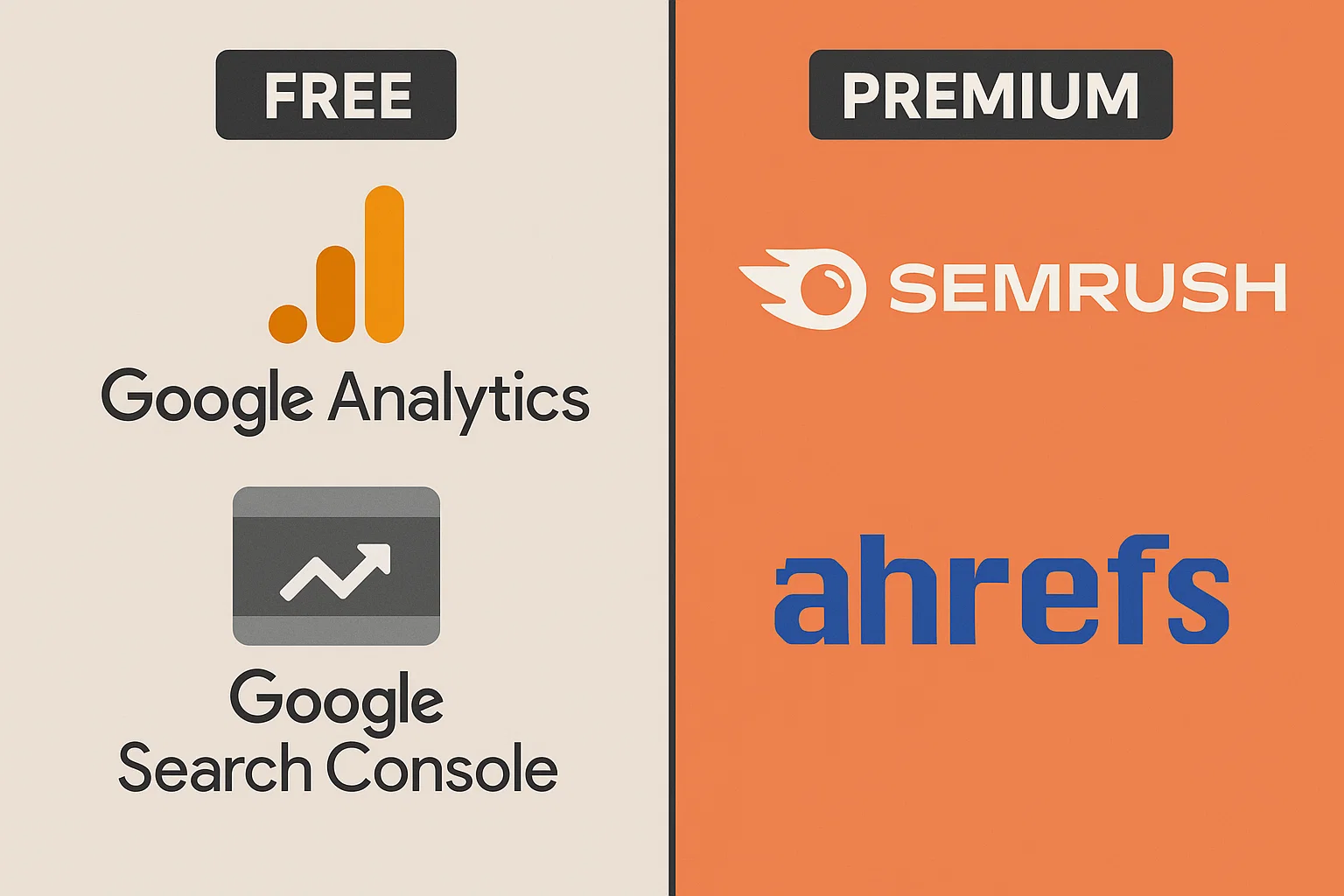
Conclusion
So, what are SEO tools? They are powerful platforms that collect data, analyze performance, and reveal opportunities to improve search visibility. From keyword research to technical audits and analytics, they support every stage of optimization. On their own, these tools provide valuable insights. Combined with professional expertise, they become engines of growth that drive long-term results. For businesses ready to unlock the full potential of SEO platforms and transform insights into action, Best Website Builder Group offers the experience and services needed to achieve lasting digital success.
